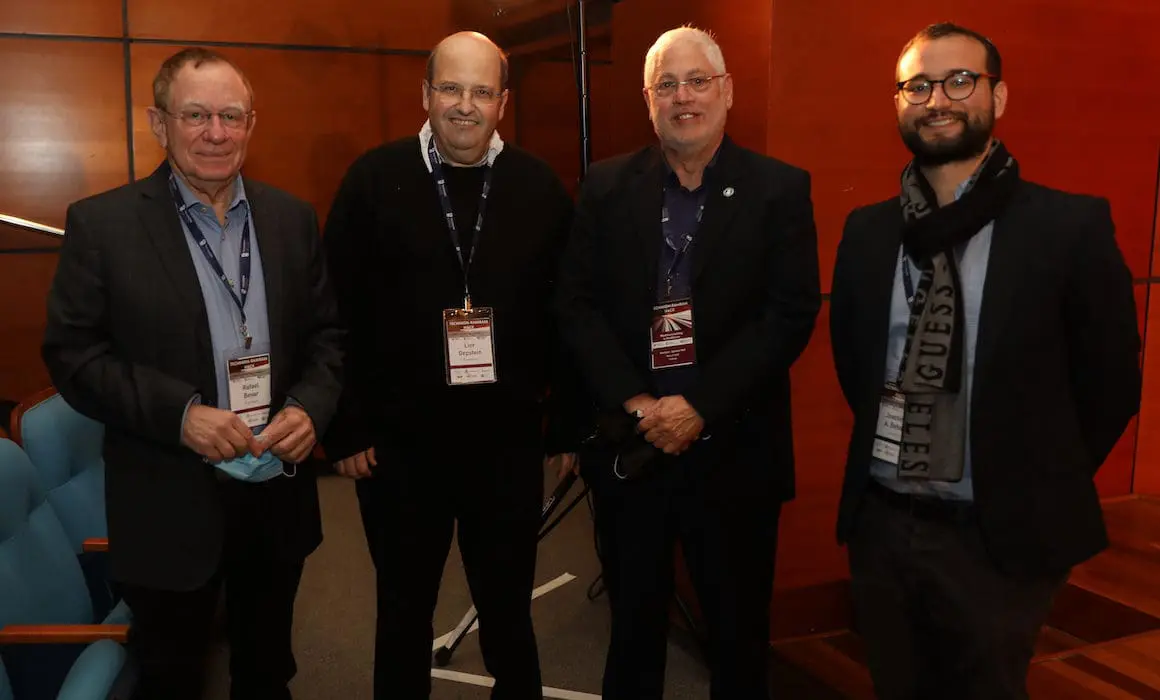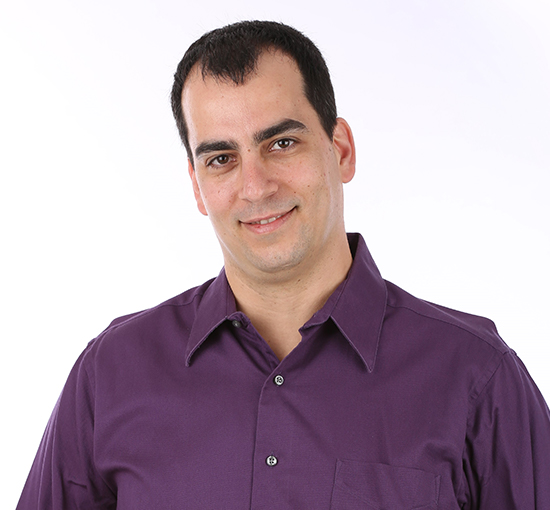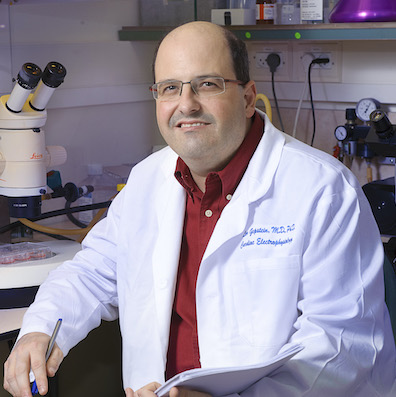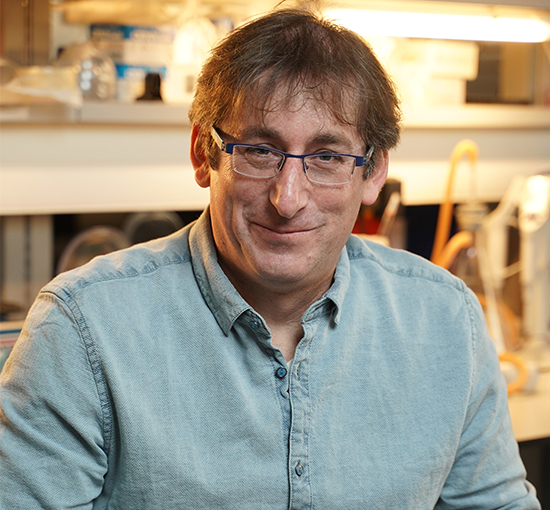The Digital Health Revolution: The Technion and Rambam Inaugurate a New Center for Artificial Intelligence in Healthcare

Pictured Above / (L-R) Prof. Rafi Beyar, Prof. Lior Gepstein, Technion President Prof. Uri Sivan, and Dr. Joachim Behar
The Technion and Rambam Hospital are setting up a new joint Technion-Rambam Center for Artificial Intelligence in Healthcare (CAIH) that will signal a revolution in medical decision-making.
The CAIH, the first joint academic-hospital AI center in Israel and one of the first in the world, will develop advanced artificial intelligence systems to analyze a patient’s condition. The center will focus on developing tools that will help physicians select, in real time, the most appropriate and accurate medical treatment for a patient. In the words of Assistant Professor Joachim Behar, co-director of the center, the aim of the CAIH is to “create the leading Israeli academic center for medical AI committed to advanced medical and clinical research, resulting in significant and actionable benefit to patient care.”
The Technion-Rambam Center for Artificial Intelligence in Healthcare is the brainchild of the two institutions and jointly funded by both. It will operate initially in the Meyer Building in Rambam and will later be transferred to the newly built Discovery Tower on the western campus of the hospital. The Center is already running five flagship projects, led by Assistant Prof. Joachim Behar, Dr. Ori Shalit, Prof. Shie Mannor, Prof. Lior Gepstein, Prof. Shai Shen-Orr, Dr. Danny Eytan, Dr. Ronit Almog, and Dr. Oren Caspi.
The Promise of AI in Healthcare
The Center will serve as a significant collaborative platform that will connect doctors and researchers from Rambam with scientists and engineers from the Technion, with the aim of promoting diagnosis and medical treatment in real time through artificial intelligence.
“We all know the usual procedure — the patient is hospitalized, undergoes diagnostic tests, and receives treatment to the best abilities of the medical staff,” Dr. Oren Caspi, Director of the Heart Failure Unit at Rambam, a researcher at the Rappaport Faculty of Medicine at the Technion, and one of the leaders in establishing the Center, said. “The new vision presented by the Center is one of diagnosis and treatment based on extensive information from a huge number of patients. As a result, the doctor will be able to ‘tailor’ the patient’s treatment to be optimal, accurate, and customized.”
According to Assistant Prof. Uri Shalit of the Technion, “We, as data scientists, need a large amount of curated data — Big Data — and the clinical world needs experts who will analyze this data and derive useful insights from it. For us as scientists, this is an important connection to the field and a significant means of influencing human well-being.”
Inaugural Event Draws International Experts
The Center’s opening conference, “Technion-Rambam Hack: Machine Learning in Healthcare,” featured leading researchers from the Technion, Rambam, and the Massachusetts Institute of Technology (MIT), the Ministry of Health, Clalit Health Services, GE Healthcare, and Roche. Scientists, healthcare practitioners, and policy makers from all around the world shared their knowledge on the fascinating topic, while student teams attempted to tackle salient issues in healthcare by technological means. The conference was organized by Dr. Joachim Behar from AIMLab, Dr. Danny Eytan, Dr. Ronit Almog, and Prof. Leo Anthony Celi, who delivered the keynote address.
The conference covered current trends in machine learning in healthcare, access to medical databases in Israel, and the prospective evaluation of machine learning models in the clinical environment.
The conference also summarized the results of a “Datathon,” an information-based competition held last week at the Technion Faculty of Biomedical Engineering. The conference was attended by around 50 students and alumni from various Technion faculties who developed different technologies related to the analysis of medical data in solving important challenges in cardiology, fetal monitoring, intensive care, and stem cells. The students were accompanied by 20 mentors from the Technion, Rambam, and industry.


